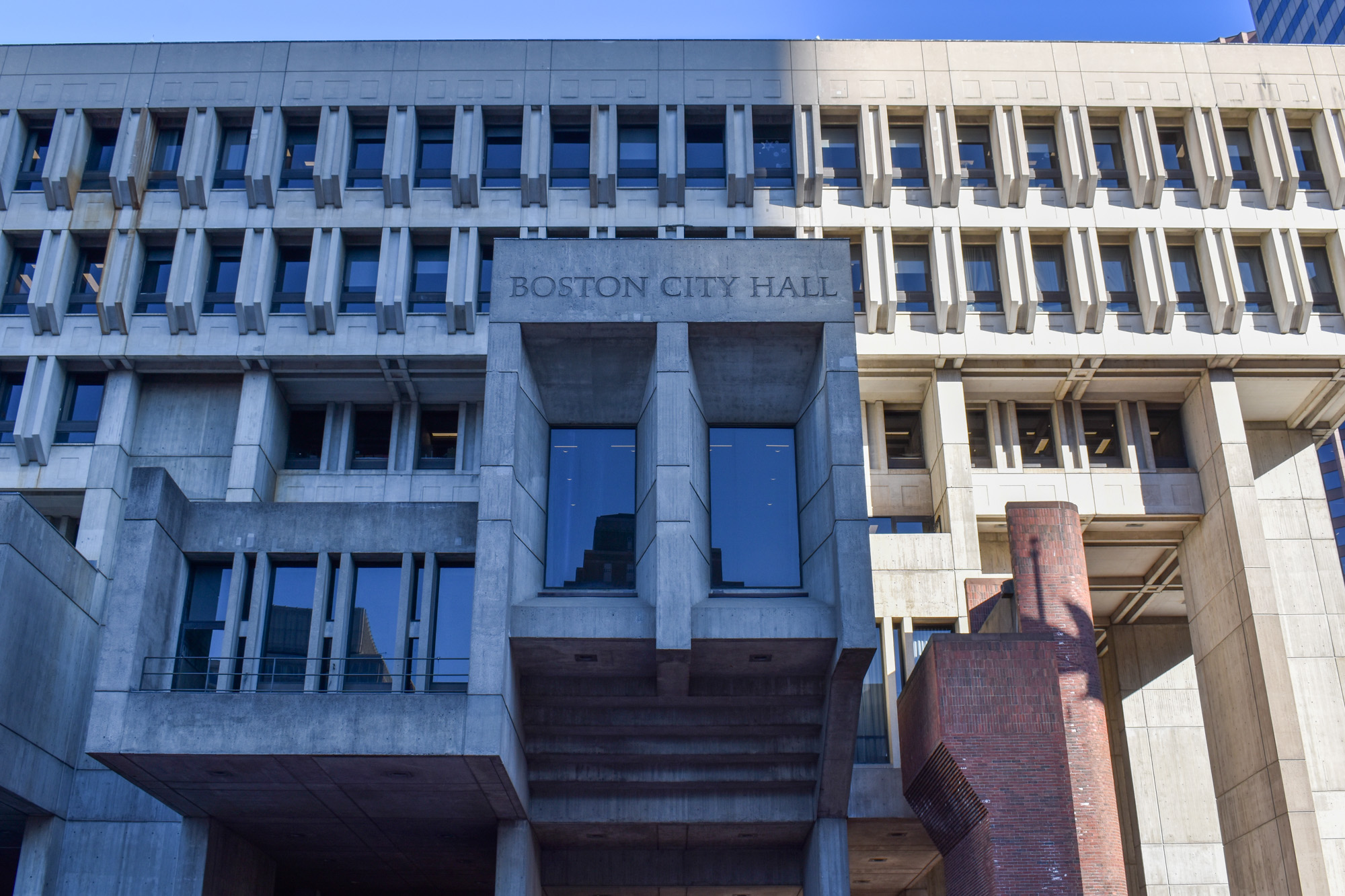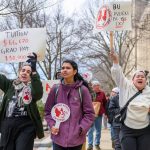Boston City Council discussed whether to hold a special election for the District 7 seat, introduced a policy briefing order on Massachusetts’ “Shield Law” and passed a resolution supporting the Museum of African American History at its Wednesday meeting at City Hall Plaza.

Council President Ruthzee Louijeune and Councilor Liz Breadon introduced a resolution to cancel a potential special election for District 7 if the seat becomes vacant before May 8, arguing there is lower voter turnout during special elections, especially since the average turnout for District 7 is 33% during regular election cycles.
“We are moving quickly so we can give the residents of District 7 time and make sure they are able to vet and elect the candidate of their choice,” Louijeune said.
The District 7 seat will soon be vacated due to Councilor Tania Fernandes Anderson’s expected resignation, which was sparked by an investigation that revealed she used her position to hire family members — prompting calls for her resignation — and faces federal public corruption charges, according to the Massachusetts District Attorney’s Office.
Councilor Sharon Durkan, who was elected to her seat via special election, said she supports the measure after hearing from trusted Roxbury leaders who believe a special election would not serve the district well.
“This is about what’s best for Roxbury and District 7,” Durkan said.
Opposition came from Councilor Erin Murphy, who filed a resolution calling for the “prompt scheduling” of a special election, emphasizing the need for uninterrupted representation.
“The residents of District 7 deserve timely and effective representation to address their needs,” she said. “They want their voices at the table now. They don’t want to wait.”
The resolution was referred to the Committee on Government Operations for further review.
Additionally, Councilor Henry Santana introduced an order for a policy briefing on the implementation and impacts of Massachusetts public safety “Shield Law,” which protects access to reproductive and gender-affirming healthcare. The law bars state agencies from cooperating with legal actions in other states that seek to penalize such care.
Santana said the briefing would allow City officials to examine the law’s application in Boston and how local agencies can ensure full protections for both providers and patients.
The hearing is essential to understand how the law functions, especially in light of current events, Santana said.
“This law, passed in 2022, was a bold and necessary step in the face of national attacks on our rights,” he said. “It protects providers, patients and anyone assisting with access to care from civil and criminal liability when that care is legal in Massachusetts.”
The order was referred to the Committee on Public Safety and Criminal Justice for further review and discussion.
Later, the Council unanimously passed a resolution in support of the Museum of African American History.
“Preserving Black history is preserving American history,” Councilor Brian Worrell said. “Our kids deserve to learn [from] spaces that tell the full truth. We won’t stand by while institutions doing that work are undermined.”
The resolution, sponsored by Worrell, asked the council to pledge its “full support” for the museum, urging officials and stakeholders to assist in new funding for the museum.
“Black Bostonians built Boston. That Black history is etched in our neighborhoods brick by brick,” Durkan said. “This museum is the cornerstone of that legacy.”














